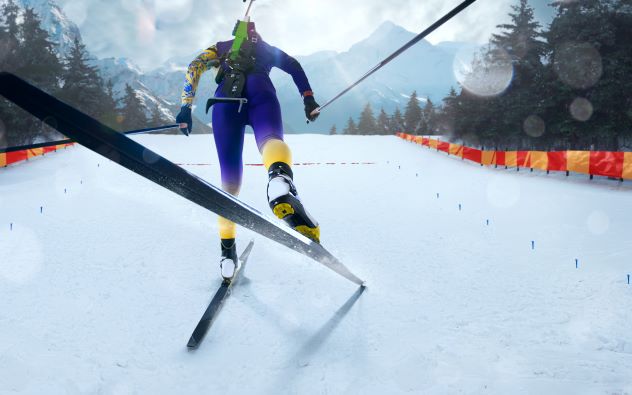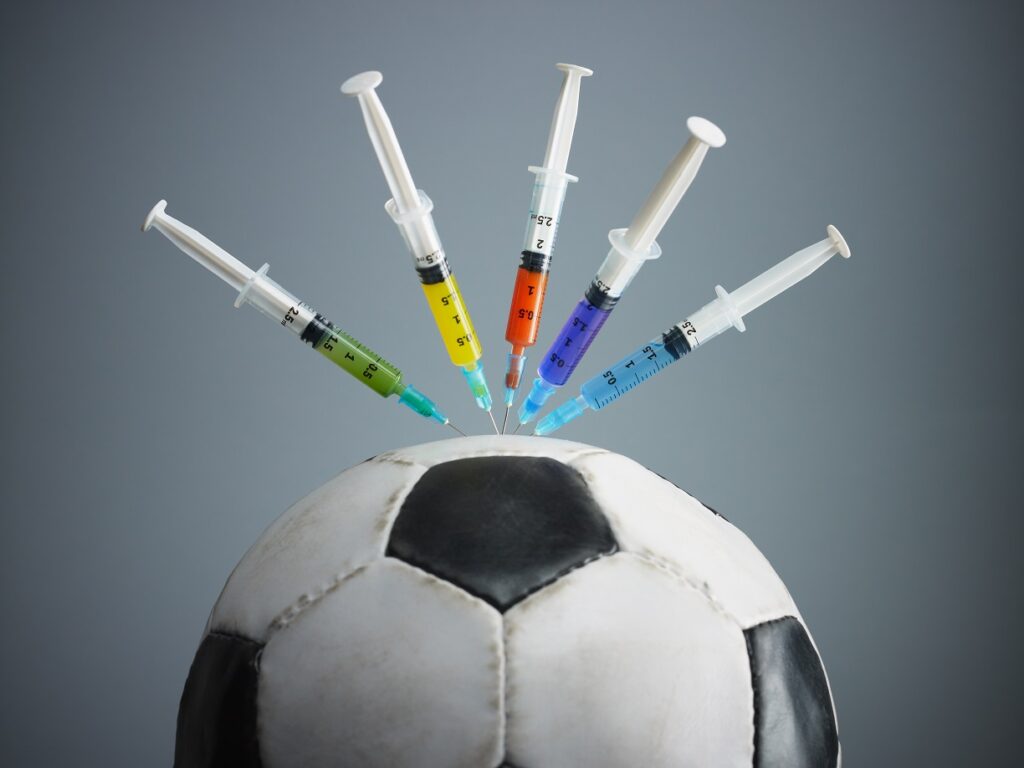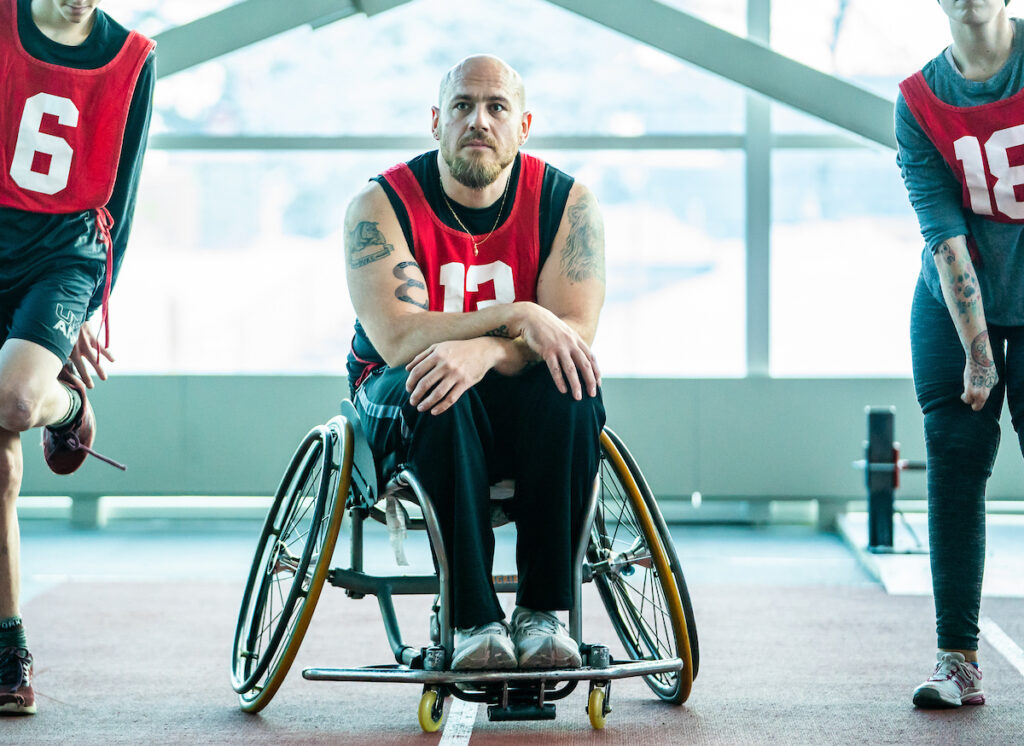Sub-two-hour marathon demands
In October 2019, Kenyan athlete Eliud Kipchoge ran a sub-two-hour marathon. Research from the University of Exeter on a previous attempt in 2017 discovered elite runners require a “perfect balance” of VO2 max (rate of oxygen uptake), efficiency of movement, and a high “lactate turn point” (above which the body experiences more fatigue) for success.
Enhancing wellbeing through sport services
Services at major sport events can impact athlete satisfaction and performance. Data collected from 430 athletes competing at the 2018 Commonwealth Games found that a safe and secure environment, the availability of medical/health treatment, and provision of social and ceremonial aspects were essential for performance success.
The Ripple Effect of the Pandemic: Supporting Athletes With a Holistic Approach

“Athlete career excellence” is a concept from sport psychology concerned with an athlete’s ability to sustain a healthy, successful, and long-lasting career in sport and life. It means the athlete is striving to achieve meaningful goals in sport and life while satisfying basic psychological needs and maintaining health and wellbeing (Stambulova, Ryba & Henriksen, 2020)….
Black History Month
February is Black History Month, a national initiative to honour the legacy of Black Canadians. Despite facing systematic discrimination, Black Canadians have persevered and triumphed in sport. Ryerson University’s Nicole Forrester talks about the impact of George Dixon, Barbara Howard, Harry Jerome, and other trailblazing athletes on Canadian sport in the Conversation.
Five Things You Should Know About the Canadian Anti-Doping Program

Anti-doping is often thought to be exclusive to high-performance sport. Athletes are whisked away from the public eye after winning events to have urine and blood collected. It’s true that testing athletes at competitions is an important element of a successful anti-doping program, but there is much more involved in creating a sporting culture that…
Silver linings of the Tokyo Games postponement
For many national athletes, the postponement of Tokyo 2020 has let them build their physical and mental performance. Athletes have addressed longstanding physical issues like chronic injuries, biomechanical and technique corrections, and strength deficits. Mentally, Seyi Smith, Chair of the Canadian Olympic Committee Athletes’ Commission, suggests the postponement was probably the “best mental resilience training…
Relative Energy Deficiency in Sport: What Coaches Need to Know

Mary Cain, a former record-breaking phenom, made a different type of headline when she spoke up about the pressure she faced to lose weight that caused her to disappear from the running scene (Cain, 2019). Cain’s willingness to speak up started a social media movement that brought to the public’s attention the cost of under-fuelling…
Supporting Podium Dreams – Paralympian Search and RBC Training Ground

To support the identification and development of future Olympians and Paralympians, two Canadian programs have been developed to fuel the Canadian pipeline of future hopefuls. RBC Training Ground and the Canadian Paralympic Committee’s Paralympian Search are athlete identification programs designed to assess participant aptitudes in various sports, and connect athletes with sport opportunities and development…
Winter 2021 SIRCuit
The Winter 2021 SIRCuit is now available! For many, the new year presents an opportunity to set new goals, refine behaviours, or let go of something that is holding them back. This edition of the SIRCuit provides takes a deep dive into self-compassion, athlete identification, relative energy deficiency in sport (RED-S), engaging masters athletes, and social learning…
Happy New Year
Welcome to 2021! The SIRC team is looking forward to an exciting year of keeping you informed with the latest news, research, and jobs from the sport community across Canada. Be sure to follow us on Twitter, LinkedIn, and Facebook. In case you missed it, be sure to check out our Looking Back – 2020…